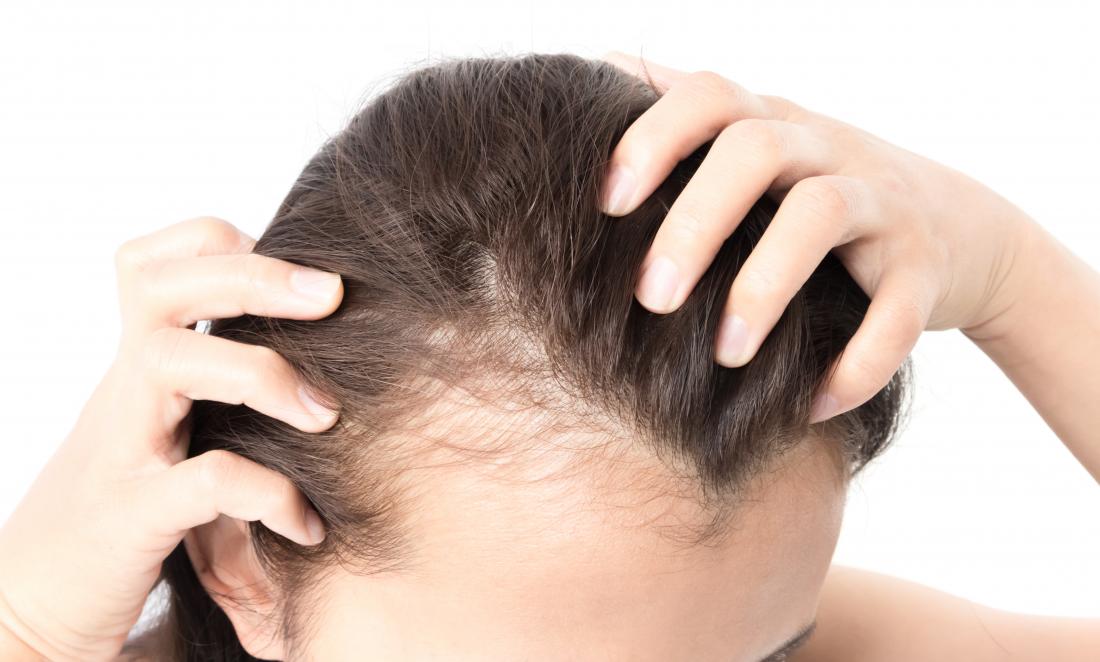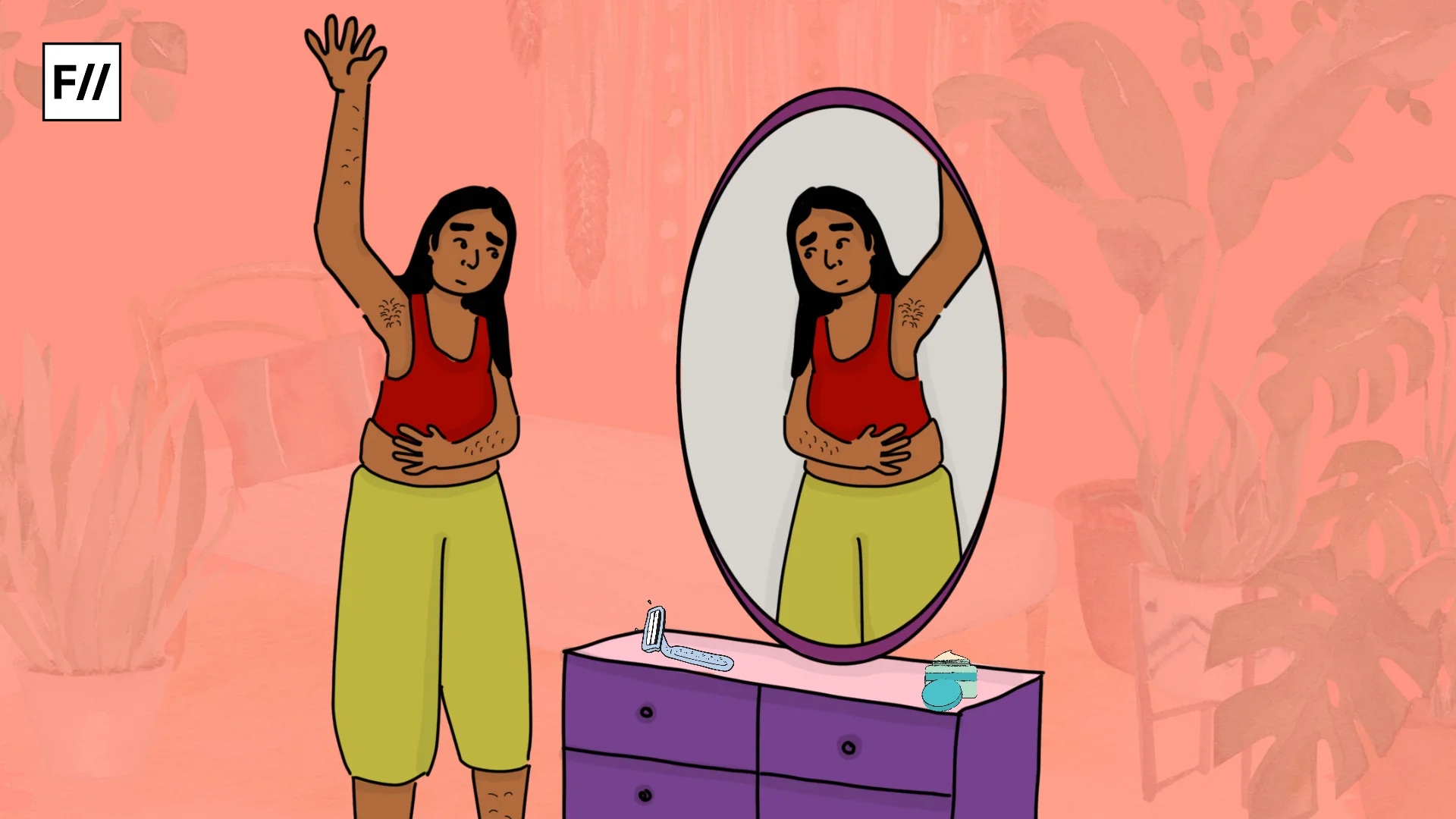Your hair is the crown that you wear every day, all the time. Your hair tells so much about you: who you are, your identity, and your health. Yes, you read that right! Your hair reflects your physical and mental health too.
For instance, if you are stressed, you might find it hard to shampoo your hair regularly, or you might find it hard to do the simplest task of brushing/ combing your hair daily. Also, if you aren’t taking the right nutrients/ vitamins, you will soon start noticing thinning hair and hair fall.
Your genetics also plays a crucial role, along with the weather conditions and your diet, to either make or break your hair. Nonetheless, if you are currently facing issues like brittle hair, hair thinning, or hair fall, there are certain things you can do to keep your hair fuller-looking and healthy.
The impact of thinning hair on mental health
Thinning hair can be cured, but sometimes, women tend to get very upset about hair loss to the extent that it impacts their mental health, causing a negative self-image, which then impacts their self-esteem and behaviour.
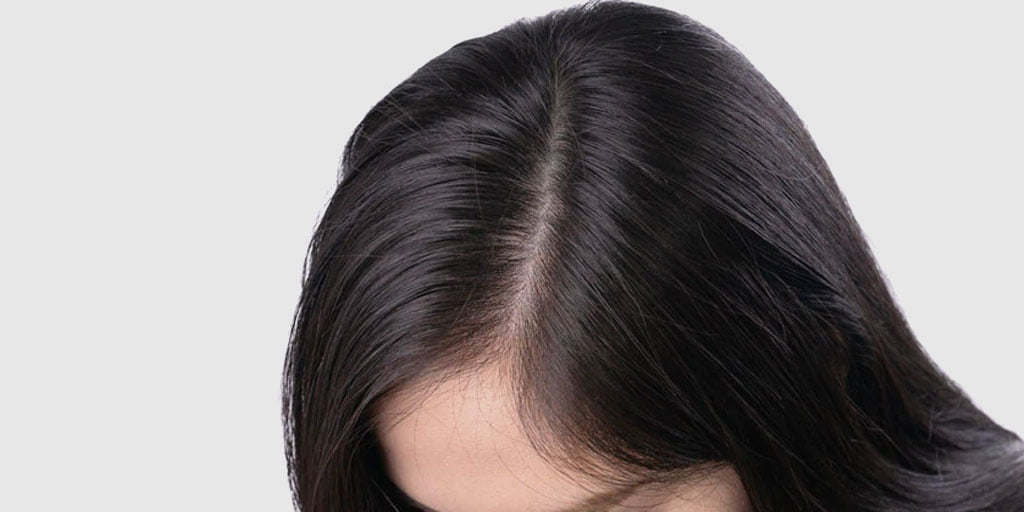
Thinning hair can cause women to lose confidence even in front of their close family and friends, not to mention, in public settings. Much of this loss of confidence stems from society’s beauty standards that portray fuller and thicker hair as a sign of femininity.
Instead of getting stressed about thinning hair, women should prioritise their mental health and find support from their loved ones and professionals to address their emotional distress. Social withdrawal can impact one’s relationships and the general sense of self-worth.
Nonetheless, there are ways to take care of one’s tresses and even reverse hair thinning.
Boost your protein intake for better hair health
You might have heard it before, your hair is mostly protein, so one of the easiest and quickest things to do is pump up the protein. Ideally, you should consume at least 45 grams of protein daily.
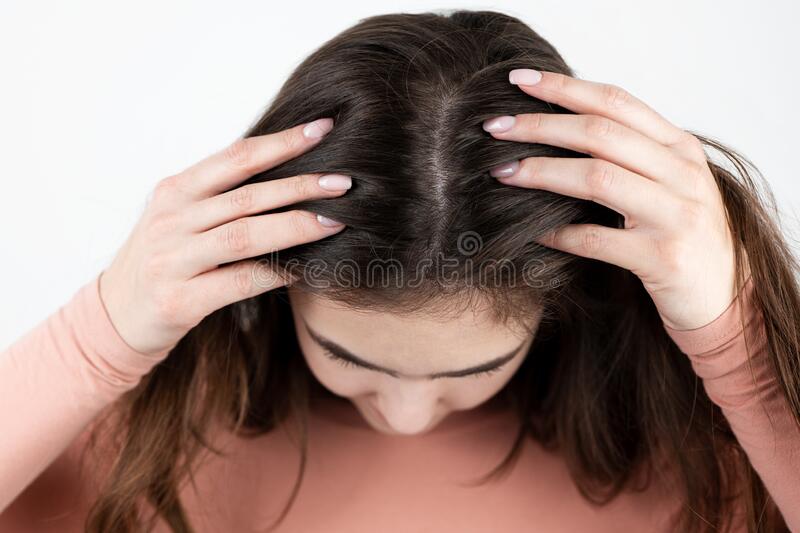
In case you are wondering about good food sources of protein, you might want to consume eggs, fish, beans, milk, yoghurt, lean beef, and poultry. If unsure of what proteins you should consume specifically for your hair, you can get answers to all your hair-related questions at HairHelpline.
Believe us; your diet plays a crucial role in re-establishing the health of your hair. So, with the right diet, you can finally bid farewell to brittle hair. Sometimes, a protein deficiency can also cause pore-mature loss of hair colour and hair loss.
Pump up on nutrients
Your diet isn’t the only thing affecting your hair health. Sometimes, bad hair health is a strong indicator that your body is lacking in essential vitamins and nutrients. For instance, low levels of B7 (biotin) can lead to hair loss, brittle nails, and skin rashes.
Also Read: Hair Fall In Winter: Why Does It Happen And Useful Tips To Prevent It
If you don’t want to take pills, you might want to amp up on the right foods as well, including meat, egg yolks, and whole grains. You will also want to increase your iron level, as iron deficiency can cause pale skin, fatigue, and hair loss. If you don’t want to take supplements, you can consume grass-fed meat, dark leafy greens, and legumes.
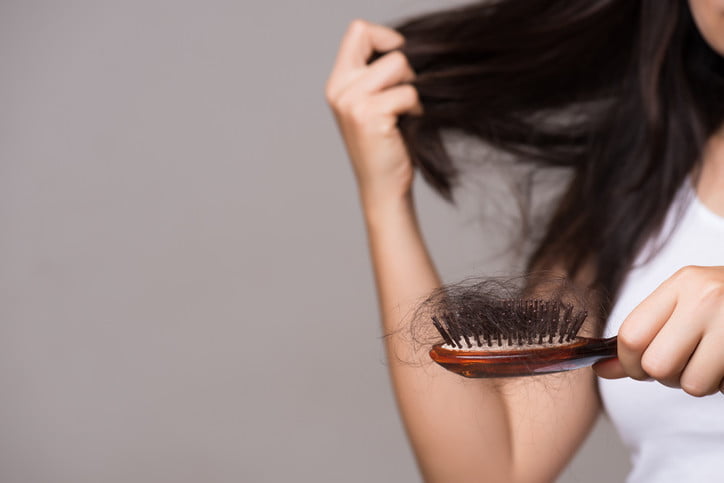
Another nutrient that you will want to consume is Vitamin C. This vitamin helps your gut to absorb iron. You can also consume more bell peppers, citrus fruits, and leafy greens. You might also know about the importance of taking Vitamin D.
Typically, low levels of Vitamin D are linked with hair loss. You might want to boost your Vitamin D levels by consuming fatty fish and fortified milk. You might as well take magnesium with Vitamin D. Also, watch out for zinc, as a lower zinc level can lead to hair loss.
You can get zinc from food sources, such as meat, beans, and nuts.
Choose a suitable shampoo
Washing your hair is more than “rinse” and “repeat.”
Your hair condition is the outcome of your choices – the type of shampoo, conditioner, hair mask, the water temperature, and the washing schedule.
You will want to match your shampoo to your hair texture, which can be fine, medium, or coarse. For instance, coarse hair needs a moisturising shampoo, and fine and brittle hair needs a protein-rich, lightweight shampoo.
Make sure your hair is thoroughly wet before lathering it with a suitable shampoo. Also, think of shampoo as a prescription, our hair needs will change along with our lifestyle and habits. So, instead of sticking to one shampoo, you will want to assess your hair needs and change the hair formula accordingly for better hair health.
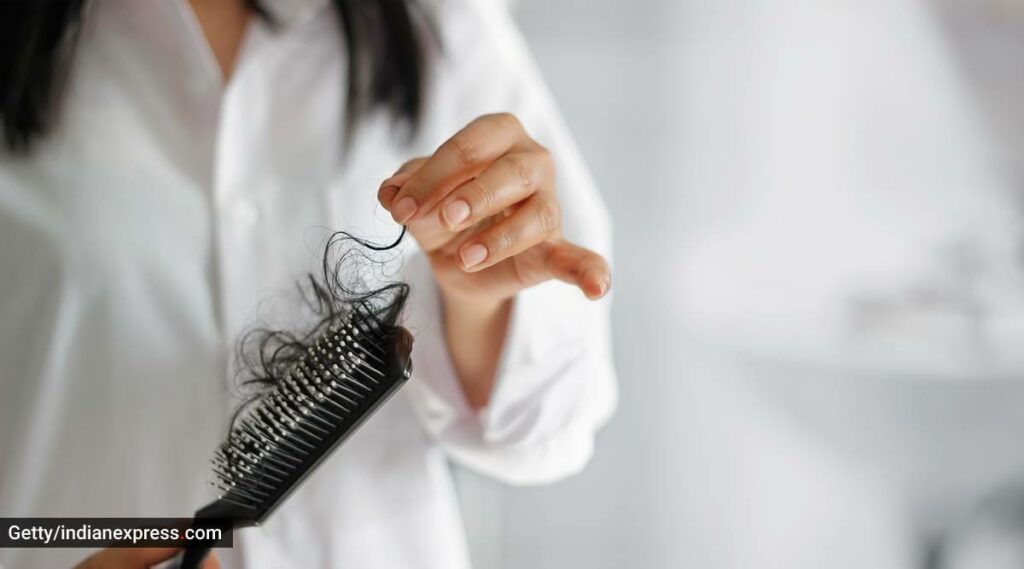
Before choosing a shampoo, you have to understand your hair type and texture. You will also want to avoid over-shampooing your hair as it can cause hair damage. If you have oily hair, you might need frequent shampooing of your hair, whereas, dry hair needs less shampoo.
Also Read: The Perpetually Conflicted Relationship Between Women And Their Hair
If you aren’t sure about your hair type, you will want to consult a hair expert and get to know the right hair products for your hair type to avoid hair loss. Also, you can massage your scalp to increase blood circulation to your hair follicles and improve hair health.
Follow HairHelpline for more tips on hair care and hair health.
About the author(s)
Partner Content is carefully curated and socially relevant sponsored content created by FII's marketing team. It is separate from FII's editorial content and is identified as sponsored.
